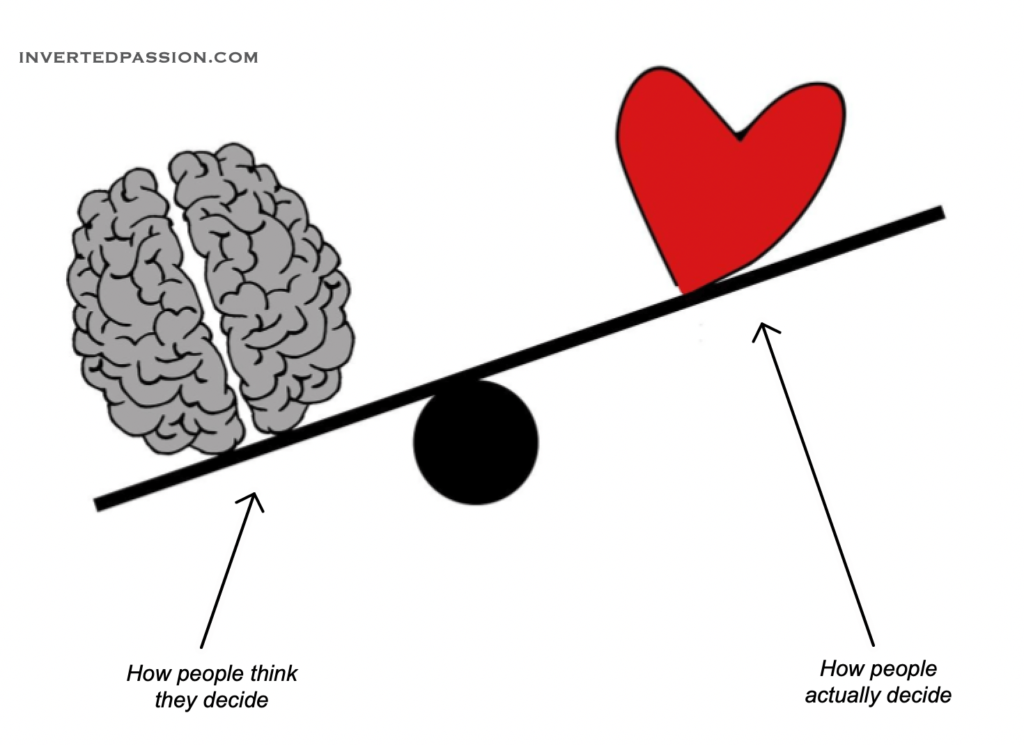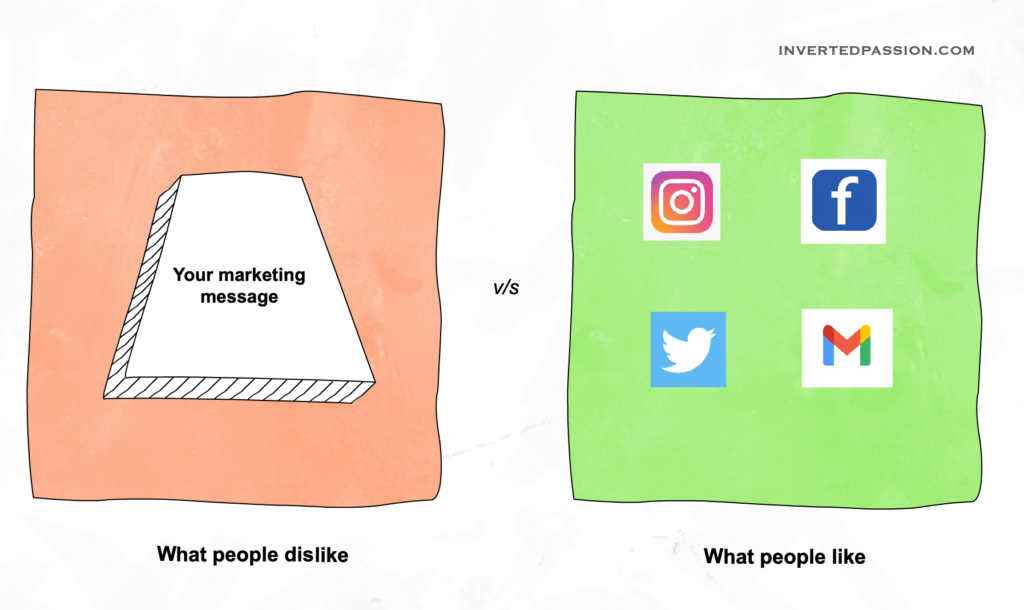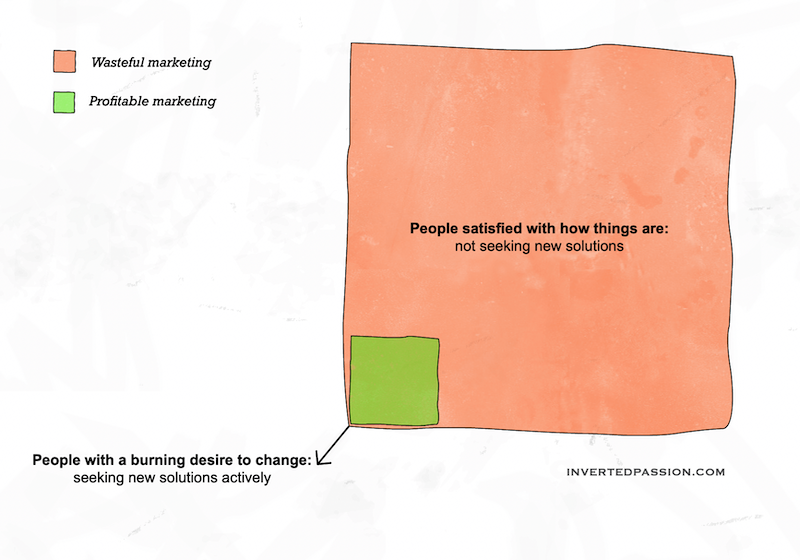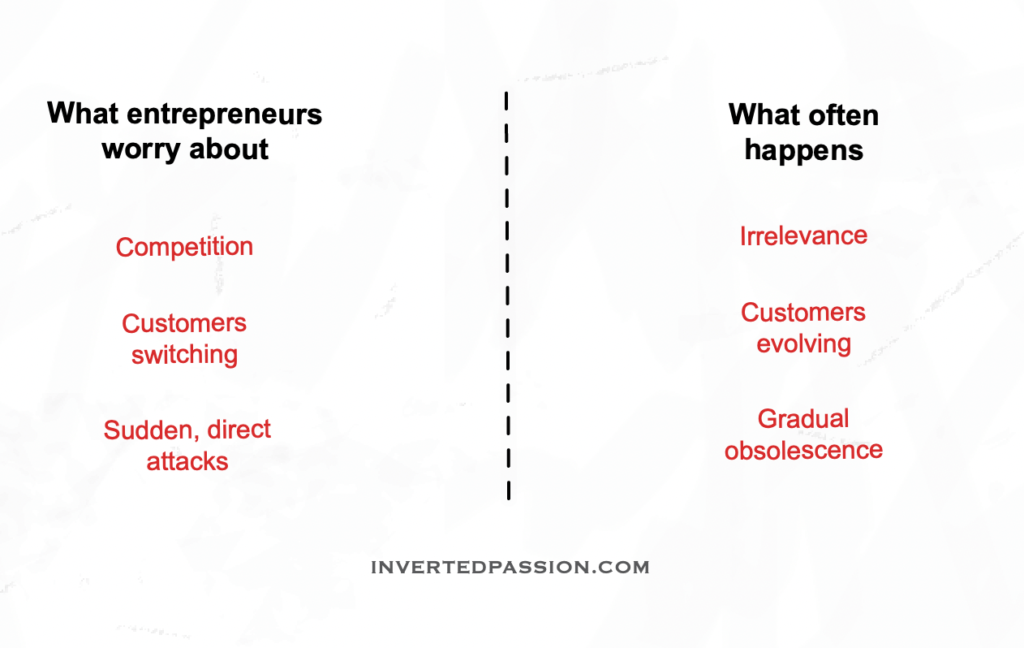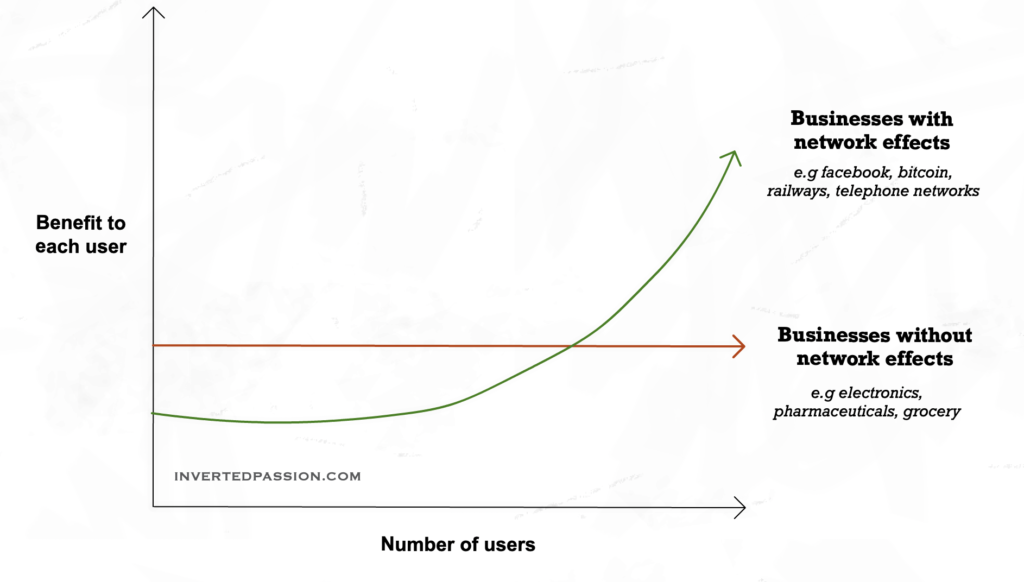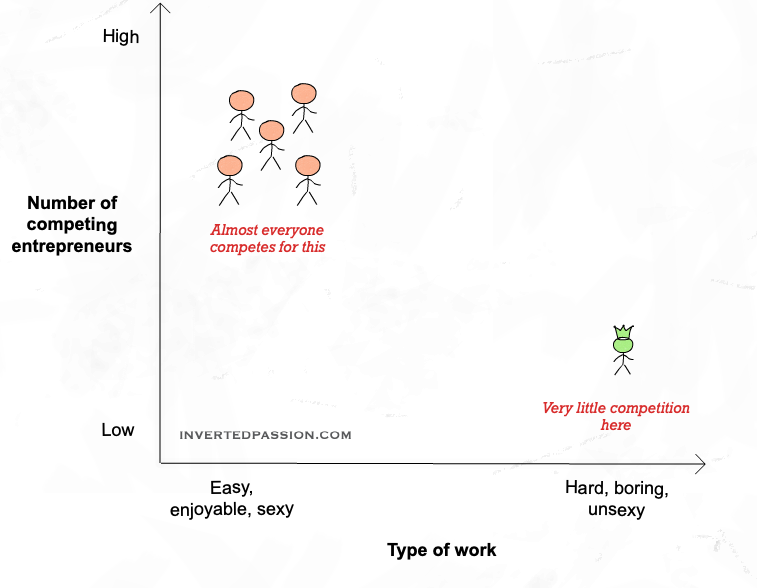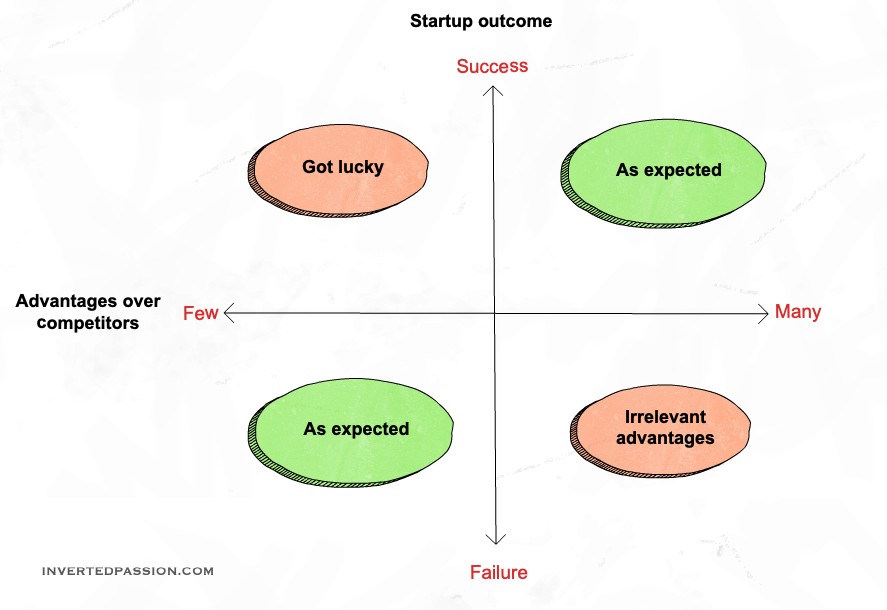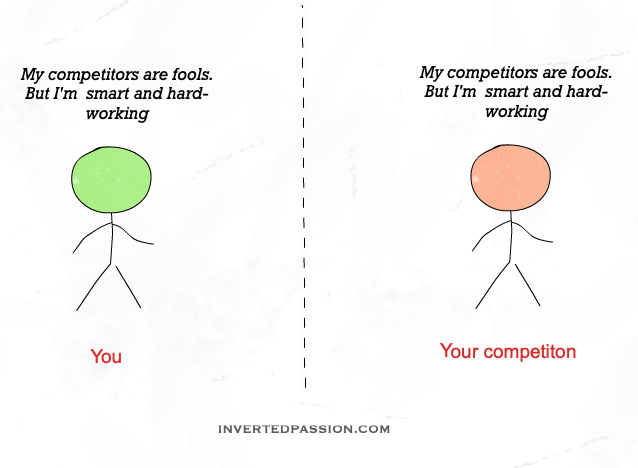There’s typically an information asymmetry between what sellers know about their products and what buyers know. From buyers’ perspective, while engaging in a potential purchase, they never have enough information to know whether what they’re getting is worth the cost (in time, money, effort) that has been asked from them. Even when the seller gives information about the value the buyer will get, buyers suspect because both honest and dishonest sellers say similar things.
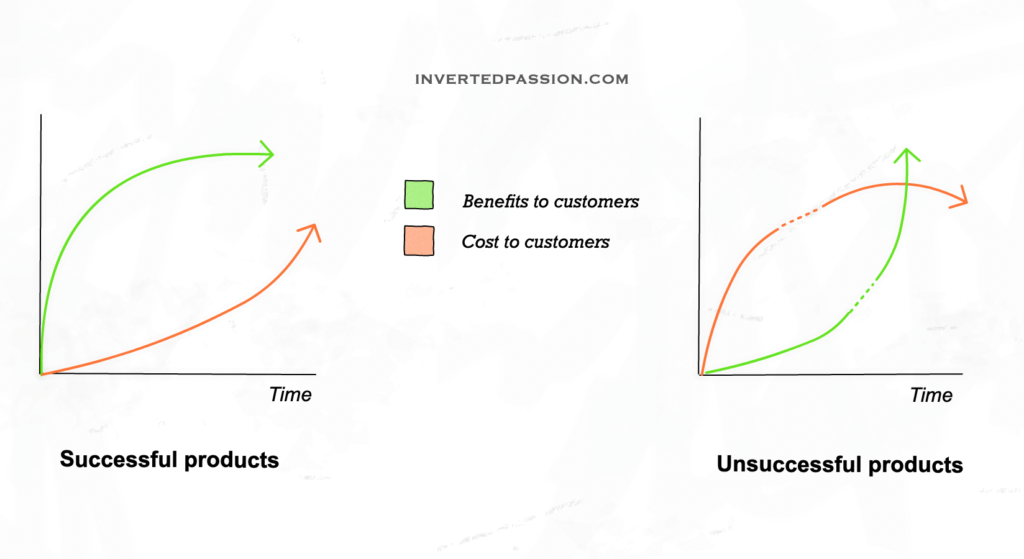
So for new products, as buyers can’t tell good products from bad products, they typically end up wanting to pay (in time, money, effort) much less than what the seller demands. In many markets, this drives away good, honest sellers leaving only dishonest sellers (which further aggravates the mistrust). The most famous example of this is used cars market, but some version of this plays in all markets. ...
